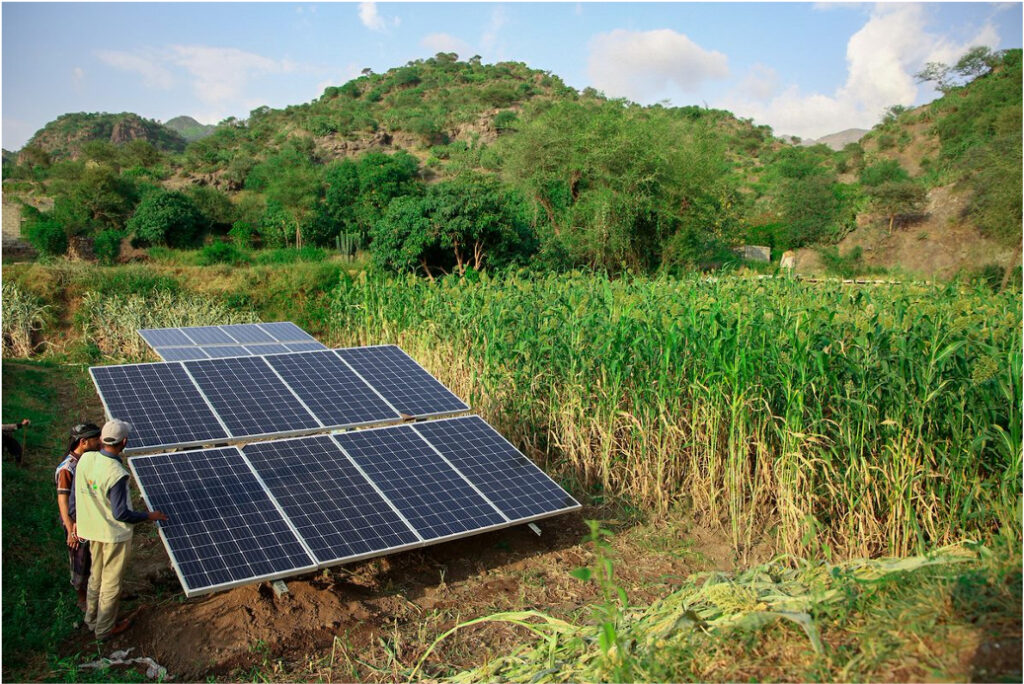ISLAMIC MICROFINANCE TRAINING

ABOUT THE TRAINING
Microfinance and Islamic finance are now professionalized enterprises with a wide range of products, expanding client bases, and expanding geographic reach. They both want to provide inclusive finance through funding productive, asset-backed activities, with a focus on economic empowerment via entrepreneurship. These complementary goals establish a foundation for the merging of both sectors into a specialty business known as Islamic microfinance. Islamic Microfinance Institutions (IMFIs) have experienced significant developments in the last two decades although they remained slower than conventional microfinance institutions. Along with the growth of Islamic microfinance institutions, knowledge related to the theme of these institutions have also developed. Training related to IMFIs institutions is deemed essential to promote the advantages to obtain solutions and strategies for overcoming the problems faced by the sector.
The training program is structured as a rigorous technical modular seminar explaining key concepts and recent developments in microfinance and Islamic finance. The training programme provides knowledge, experiences, and practical insights on Islamic microfinance by covering the conceptual understanding of the context within the broader Islamic finance frame, its components and mechanics, delivery methodologies and products, and other associated processes. It also covers the importance of Islamic microfinance as a non-traditional source of financing the SDGs in areas of impact investing and sustainable development. Along with theoretical knowledge of the field, the training programme delivers case studies to cover the practical dimensions and issues associated with the practice of Islamic microfinance. The training will also provide details on the best practices in the area of Islamic microfinance and SME financing from different jurisdictions. Practices for different models of financing, such as provision by commercial banks, full-fledged microfinance institutions, and the potential for developing a fintech model of microfinance provision, would be presented in the training.
EXPECTED OUTCOMES
Upon completion of the training, the participant will learn how to:
- Upon completion of the training, the participant will learn to:
- Identify and apply the key principles, concepts, ethics, tools, and sound practice of Islamic microfinance
- Identify Islamic financial instruments for microfinance and impact investing activities
- Define the role of the Islamic microfinance scheme in poverty alleviation, financial inclusion, and development
- Deliver the financial inclusion context of Islamic finance,
- Distinguish the Islamic microfinance offerings, type of services and contracts,
- Explain integrate the organizational, operational, governance, and regulatory factors in the development of Islamic microfinance products and services,
- Pilot, launch, and deliver Islamic financial products including its mechanics, scoping, product development processes, delivery methodologies, sustainability, and staff retraining/upskilling,
- Identify appropriate funding sources and form strategic relationships with development partners and Islamic microfinance promoters to diversify into Islamic finance,
- Provide the audience with case studies to exhibit best practices in Islamic Microfinance,
- Comprehend opportunities created by fintech, crowdsourcing, digital banking, and other digital platforms for Shariah-compliant Islamic microfinance,
- Determine the risk mitigation tools of Islamic microfinance based on the products, contexts, and the needs of microfinance sector,
- Become aware of fintech/digital-based solutions for the Islamic microfinance market need.
TRAINING MODULES
To enhance learning and training participation, retention, and applicability, the training program contains lectures covering the fundamentals, case studies related to the practical aspects, and exercises from different jurisdictions. The theoretical / practical knowledge training consists of seven modules.
MODULE 1 – Introduction to Islamic Economy and Microfinance
MODULE 2 – Contracts / Transactions in Islamic Microfinance
MODULE 3 – Risk Mitigation Tools in Islamic Microfinance
MODULE 4 – Organizational Structures, and Case Studies
MODULE 5 – Regulatory Environment and Governance
MODULE 6 – Financial and Social Performance Measurement
MODULE 7 – The Way Forward: Fintech Based Solutions